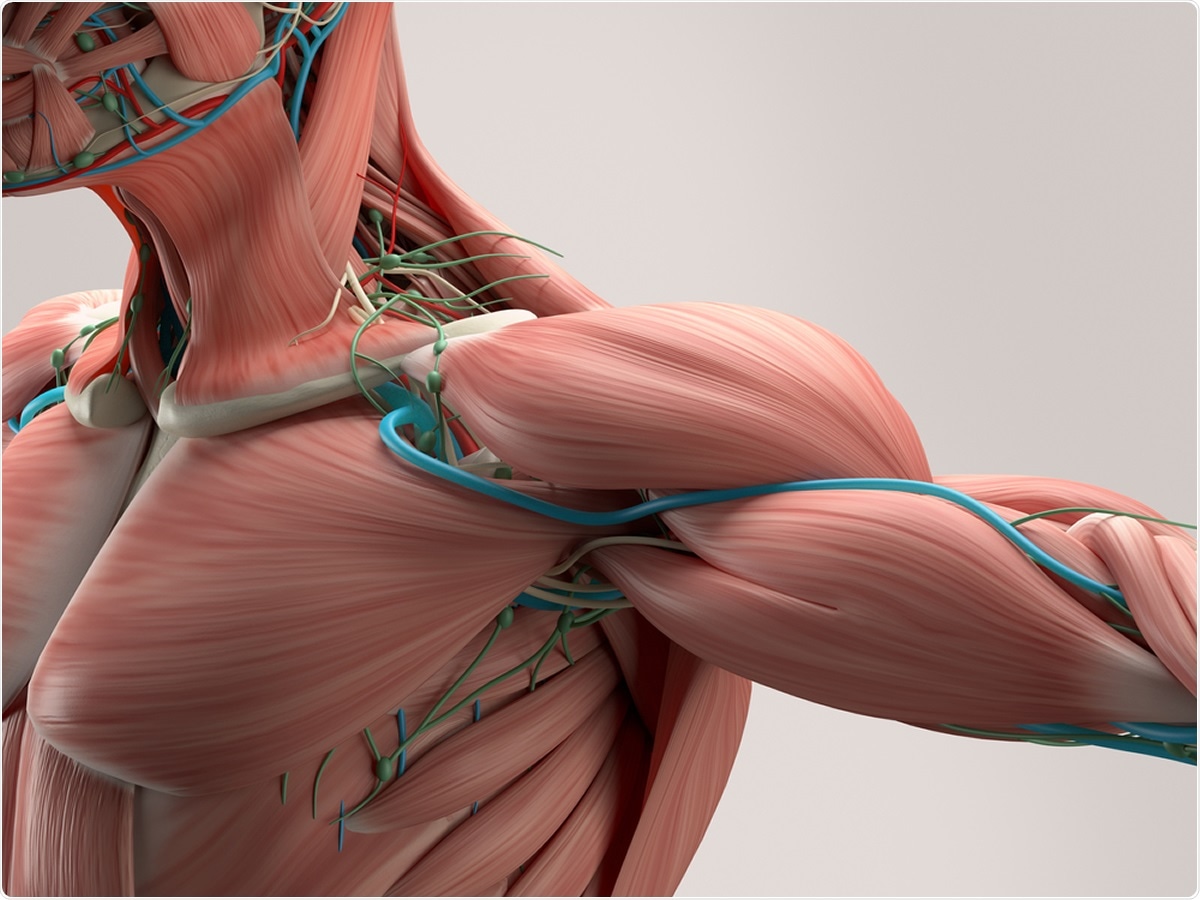
After a rigorous workout,
the feeling of aching and heavily used muscles presents a great sense of
accomplishment.
There really is no better way to possess that feeling
than to slip into bed for a well deserved restful sleep.
A serious
workout, like HITT, leaves your muscles aching and raw, a feeling that
goes with you all day.
The pain can often be so intense that training in
the following days is simply out of the question.
Even if you take
appropriate measures before and after a workout, you can still suffer
from severe muscle pain.
Maybe in hindsight it's 20/20, but it doesn't
help now.
What can you do?
List of remedies for muscle pain :
1. Persevere
Your muscles can feel pain just by using them normally and not
intensely. When aching, tired muscles become a pain, fight the pain with
some exercise. At first, the muscles can feel very sore, as if they
don't want to continue. Tired muscles often resist a workout at first,
but once you do, they usually relax and the pain goes away after a few
minutes of quick movement. Note that if your muscles are sore from
previous intense exercise, you really need to be gentle with them or you
can easily pull or strain one or more muscles with imprecise movements.
2. A warm bath
Taking the time to soak tired or overused muscles in an extremely hot
bath for 30-40 minutes works wonders for completely loosening and
relaxing your mind and body, creating overall synchronization.
While
your muscles are stagnant and relaxed in the hot bath, the heat has the
opportunity to offer deep therapy. After a full bath, and maybe even
some gentle stretching while in the tub, getting out will be a lot
easier than getting in.
3. Ice the pain
Swelling is one of the main reasons muscles release intense pain and
discomfort. Swelling is a recognized part of the muscle repair process,
which can be compromised if you return to the gym with too much force
and don't allow yourself some recovery time.
Putting ice on the muscle,
or muscles, may be the key to reducing swelling and relieving the
incessant burn. This technique can speed up muscle recovery and control
discomfort, making the next day more manageable, whether you're working
out or exercising.
4. Warm up the pain
Where ice packs or baths fight inflammation and swelling, heat works to
directly relieve pain.
Over-the-counter spa massages (such as Tiger Balm
and Deep Rub) offer relief through penetrating heat, causing blood to
flow into overworked muscles. This helps them to be more agile and
loose.
The rubbing can pump oxygen into tissues and dilate blood
vessels, relaxing an overloaded body.
5. Work through the pain
The well-known term "dog hair" is most often used in reference to a
hangover, but it also perfectly describes how moderate training can aid
recovery after strenuous exercise. Don't go back to anything intense.
Take an easy, slow approach, giving your muscles a deep recovery with a
relaxing yoga exercise (where stretching can also help the pain
immensely) or another light exercise that gets your blood moving at an
easy speed and intensity.
6. Repair with massage
A relaxing massage might be just what the doctor ordered for sore
muscles. A.R.T., or Active Release Technique, is a massage treatment
that you can use to treat tired and stiff muscles and relax them by
working on individual tissues and also between them.
Stretching during a
massage can also work wonders. Forget about deep tissue massages and
focus on a gentle massage. This can relieve inflammation and relax tense
muscles.
7. Hug your partner
Crouching to hug your partner releases the "feel-good hormone", also
known as oxytocin, into the brain. Oxytocin helps repair muscles,
stabilize blood sugar levels, reduce discomfort, and ultimately repair
aching bodies.
The hug can increase serotonin levels, release
endorphins, and pump energy through reserved body fat which helps with
muscle repair.
If these muscle pain remedies don't work, there is a possibility that
the pain is due to an injury. Keep in mind that muscle aches caused by
exercise usually last no more than a week. So, if the pain doesn't go
away, find a doctor.
Comments
Post a Comment